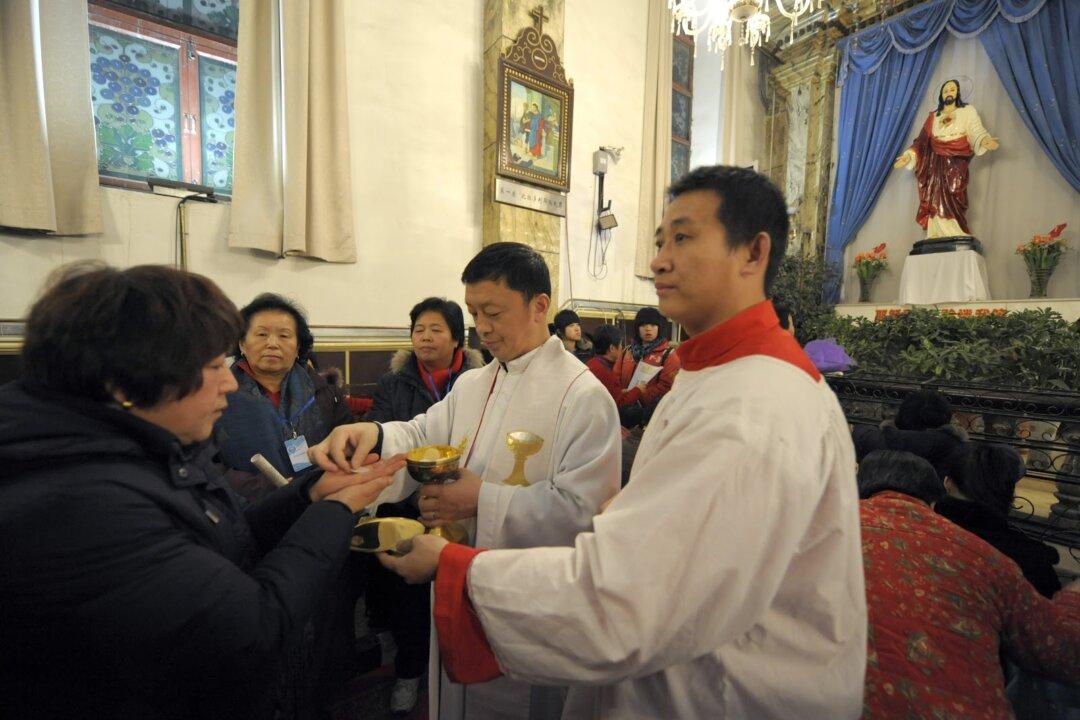Commentary
On Feb. 1, new and onerous restrictions on churches, temples, shrines, and all forms of organized religious activity will come into force in China.

On Feb. 1, new and onerous restrictions on churches, temples, shrines, and all forms of organized religious activity will come into force in China.